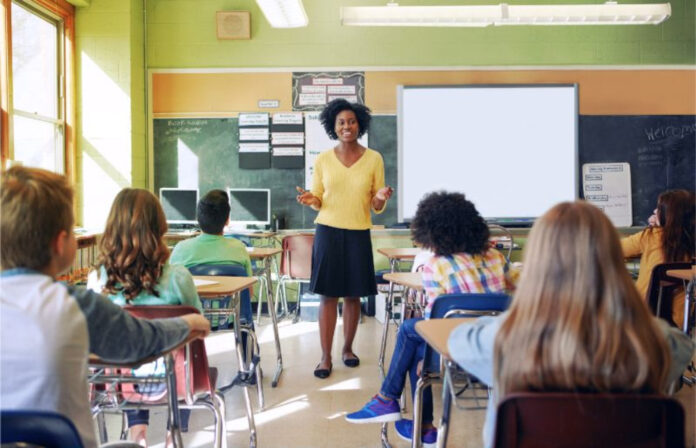In today’s fast-paced digital landscape, staying ahead of the curve is essential for success. As technology continues to evolve, so do the skills needed to navigate and thrive in this ever-changing environment. One way to enhance your digital fluency and stay at the forefront of media trends is by taking a media literacy course online. In this blog post, we’ll explore why developing these skills is crucial in today’s world and how a media literacy course can help you take your knowledge and understanding to the next level. Join us as we delve into the world of digital communication and discover how you can become a savvy consumer and creator of media content.
Key Skills and Topics Covered in a Media Literacy Course
In today’s digital age, it has become increasingly important to have strong media literacy skills in order to effectively navigate the vast amount of information and media content available online. A media literacy course is designed to equip individuals with the necessary skills and knowledge to critically analyze, evaluate, and create media messages.
Here are some key skills and topics that are typically covered in a media literacy course:
- Understanding Media Types and Formats
One of the first things you will learn in a media literacy training programs is the different types of media such as print, broadcast, digital, social media, etc. You will also learn about the various formats within each type such as news articles, TV shows, podcasts, memes, etc.
- Critical Thinking and Analysis
A core skill taught in a media literacy course is critical thinking. This involves being able to question and analyze information presented by the media rather than accepting it at face value. You will learn how to identify bias, propaganda techniques, logical fallacies, and other tactics used by the media to influence opinions.
- Evaluating Credibility
With so much information readily available online, it can be challenging to determine what is true or false. In a media literacy course, you will learn how to evaluate sources for credibility based on factors such as authority, accuracy, objectivity,and currency.
- Digital Citizenship
In today’s digital world where anyone can publish content online,the concept of responsible digital citizenship has become crucial.You will learn about your rights and responsibilities when consuming or creating online content,such as copyright laws,data privacy,and cyberbullying.
Taking a media literacy course online can greatly enhance your digital fluency by equipping you with essential skills and knowledge to critically navigate the ever-evolving landscape of media. It not only helps you become a savvy consumer of information but also empowers you to create meaningful and responsible content for others to consume. So why wait? Enroll in a media literacy course today and stay ahead of the curve!
Conclusion: Why Everyone Should Invest in a Media Literacy Course Online
In today’s fast-paced digital world, staying ahead of the curve is crucial for personal and professional success. The ever-changing landscape of media and technology can be overwhelming, but it’s also an opportunity to enhance our understanding and fluency in this constantly evolving realm. This is where a media literacy course online becomes invaluable.
By investing in a media literacy course online, you are equipping yourself with the necessary skills to navigate through the vast amount of information that bombards us on a daily basis. With the rise of fake news, biased narratives, and manipulated images, being able to critically analyze media sources has never been more important. A media literacy course can help you develop critical thinking skills that will enable you to distinguish between credible and unreliable sources, ultimately leading to better decision-making.
